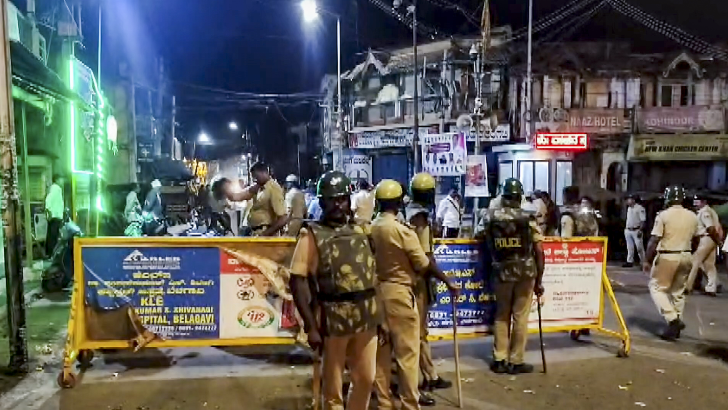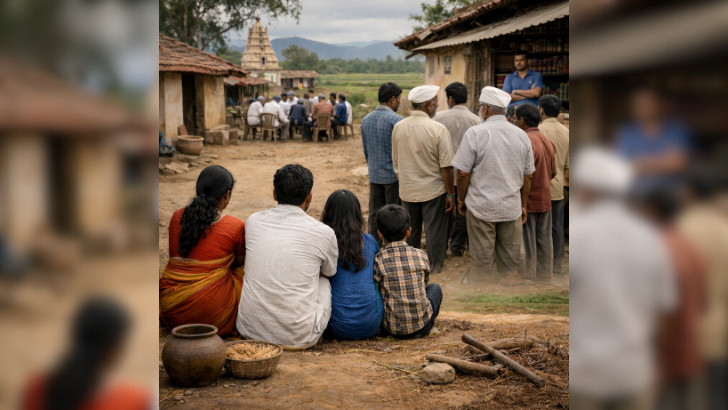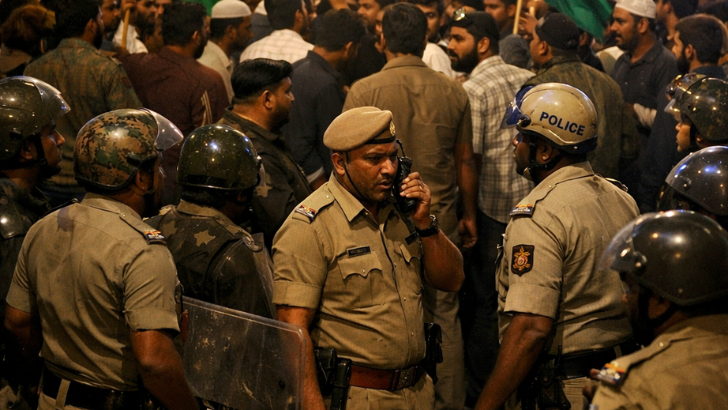Safaris to be shut if human–wildlife conflict escalates: Khandre
Khandre said wildlife attacks claimed 41 lives in 2021, 57 in 2022–23, 65 in 2023–24, and 30 deaths till Oct 2026.
Salar News
-
Khandre said wildlife attacks claimed 41 lives in 2021, 57 in 2022–23, 65 in 2023–24, and 30 deaths till Oct 2026.
Chamarajanagar, 2 Nov
Safari operations in Bandipur and Mysuru could be completely shut down if human–wildlife conflict continues to rise, warned Karnataka Forest Minister Eshwar Khandre on Sunday.
The State government has already reduced safari trips, he said, adding that staff shortages in conflict-prone areas may force the reassignment of personnel currently deployed for safaris.
Speaking at a meeting of Forest, Revenue and Police officials at the Chamarajanagar Zilla Panchayat auditorium, Khandre criticised the lack of coordination between departments and said “blame games will not be tolerated”. He noted that shrinking forest areas, a rise in wildlife numbers and habitat disturbances were contributing to increasing encounters. Bandipur’s tiger population has surged from 12 in 1972 to 153 now, he said.
Addressing reporters later, the minister stated that the
government has not permitted illegal resorts, homestays or illegal mining activities
and would take strict action if any such cases are reported. He added that two
expert committees have been set up to study the causes of escalating conflict
and said he would discuss with the Chief Minister the possibility of increasing
compensation for victims of wildlife attacks, crop loss and property damage.
Highlighting the scale of the crisis, Khandre said wildlife
attacks claimed 41 lives in 2021, 57 in 2022–23, 65 in 2023–24, and 30 deaths
have been reported until the end of October 2025.
The minister directed forest authorities to ensure adequate
food sources for wildlife by removing invasive weeds such as lantana and senna
to restore natural vegetation. He also urged officials to handle
conflict-related deaths sensitively by conducting post-mortems promptly,
handing over bodies without delay and remaining with families until funerals
conclude.
Khandre outlined an eight-point plan to strengthen conflict
mitigation:
- Identify
conflict-prone areas and document incident types.
- Deploy
staff based on conflict severity, drawing personnel from nearby ranges.
- Increase
patrolling; equip all patrol vehicles with GPS and maintain patrol logs in
forest-border villages.
- Ensure
senior officers regularly visit and stay in conflict-hit villages.
- Engage
communities by appointing “Forest Friends” (Aranya Mitra).
- Ensure
24×7 availability of vehicles and staff in wildlife movement zones.
- Conduct
mock drills and awareness sessions in villages.
- Establish district-level and taluk-level coordination committees.
Leave a Reply
Your email address will not be published. Required fields are marked *








.png)

.png)
.png)






.png)

